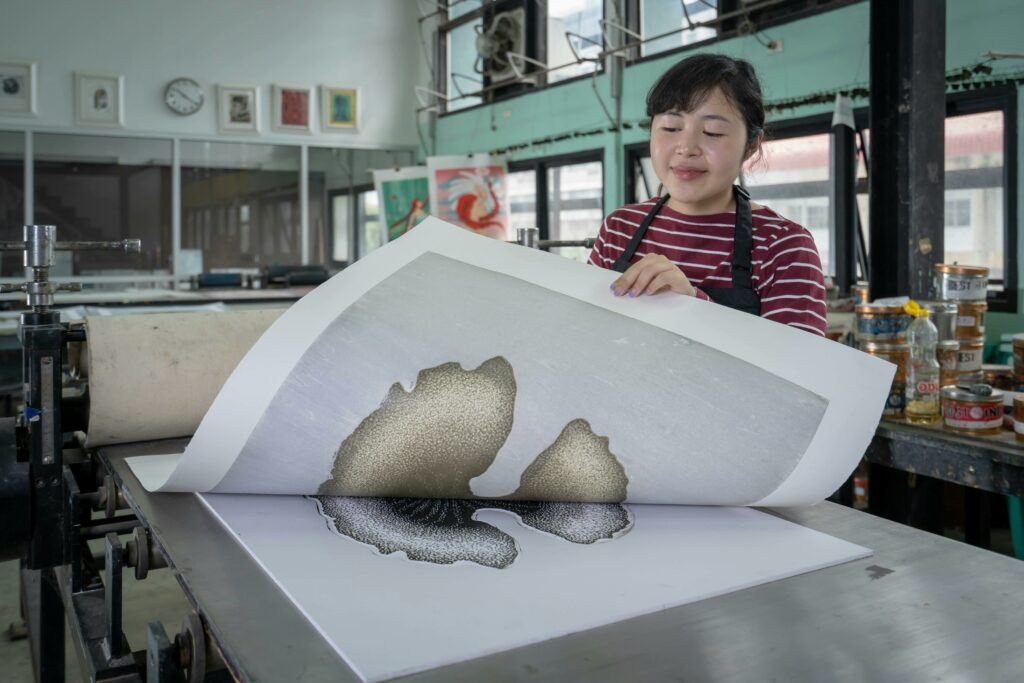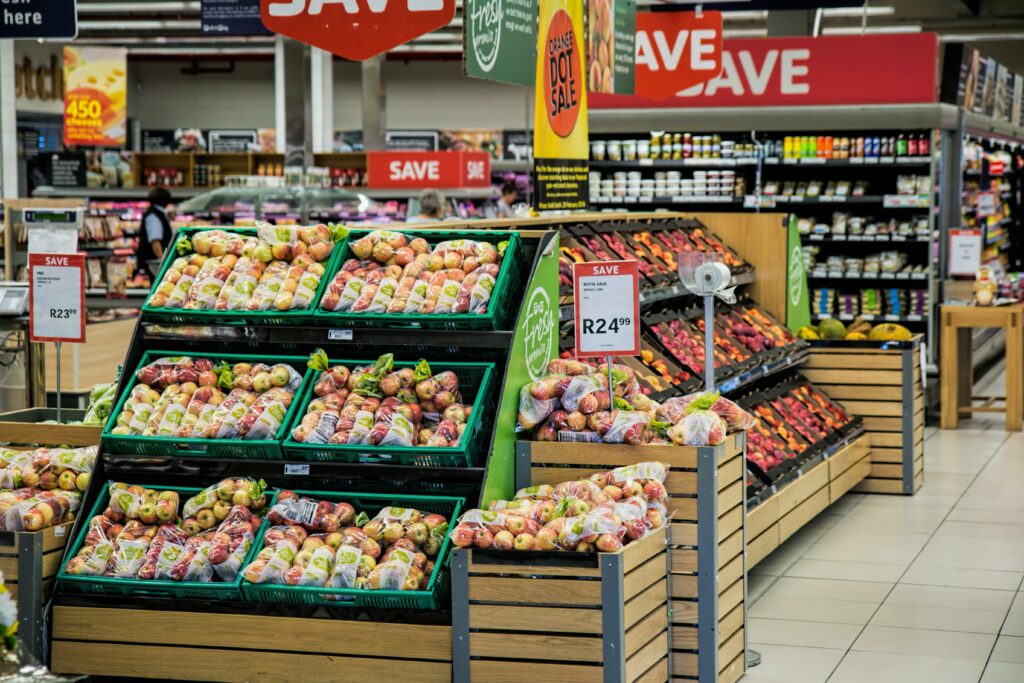A circular economy is a valuable tool for business leaders.
Why?
88% of people want to buy from brands with a positive impact on the planet.
A further 47% of digital consumers have abandoned products and services from brands unable to match their personal values. Among the most significant values prioritized by customers is “protecting the planet”.
The pandemic of 2020 prompted many companies to reconsider their business structure and look for new ways of serving clients, working with partners, and boosting sales. For organizations making this transition into a new world, it’s important to think beyond simply finding new products to sell.
Embracing the concept of circular economies in your sales structure could allow you to strengthen your connection to buyers with a focus on the growing demand for sustainability.
The Impact of a Circular Economy
A circular economy asks organizations to reconsider their effect on the planet.
Currently, 100 billion tons of resources enter the economy every year, and only 8.6% of those materials are recycled and used again. Our use of resources has tripled in the last 40 years. To support our current use, we’d need another 1.5 earths.
Groups like CeWeek London are raising awareness for the circular economy action agenda – a series of guidelines designed to help us make the shift to a more sustainable planet. Creating a circular economy means:
- Improved use of available resources: In the textile industry, production uses around 100 billion cubic meters of water per year. Yet people throw away around $460 billion worth of clothes each year, a circular economy would look for strategies to reuse garments while minimizing production requirements.
- Reduced emissions: Almost half of all greenhouse gas emissions stem from manufacturing. Circular economy strategies can reduce emissions by up to 39%, reducing climate change. Just using recycled materials rather than virgin products would significantly reduce the use of fossil fuels and their associated emissions.
- Improved human health: Pollution doesn’t just harm the planet; it affects us too. Every year, over 9 million deaths occur due to soil, water, and air pollution. This pollution also threatens biodiversity. Reducing the amount of waste, we produce and throw into landfills is the key to minimizing pollution and improving human health.
- Enhanced economies: Research demonstrates that the circular economy could represent an economic opportunity worth $4.5 trillion. New business models focus on repair, reuse, remanufacturing, and sharing offer significant innovation opportunity. For instance, a circular economy for plastics would benefit not just the planet overall, but the fishing and tourism environment, by placing less plastic waste in the ocean.
- New job opportunities: Transitioning to a circular economy could also create a net increase of around 6 million jobs by 2030. New jobs will emerge in the form of roles for repair, recycling, and rental opportunities. We could also see a rise in the number of attractive jobs available. After all, around 15 million people today identify as “waste pickers”, responsible for salvaging recyclable materials from garbage.
However, it’s important to note that the transformation of an entire ecosystem of buying and selling opportunities will often start at a government level. Public sectors must be willing to help the environment evolve.
How Today’s Businesses Can Embrace Circular Operations
Solutions like SouqBox support public sector-sponsored marketplaces to drive better circular economy applications. For the most part, the shift to a circular economy or new way of sustainable living begins with the people at the head of the governmental stack.
Leading cities around the world have already begun to embrace the circular economy strategy, looking for more reliable ways to repair and reuse substances between different groups and organizations. The New York City government is an excellent example of how governments and public sector groups can shape the transition to circular economy strategies.
The Mayor of NYC announced a strategy to achieve zero waste by 2030 through a multitude of activities improving closed-loop systems. Several state laws govern extended producer responsibility laws to prevent manufacturers from simply disposing of useful materials when a product reaches the end of its lifecycle. Environmentally preferable purchasing also sets minimum standards for the products that organizations and companies can buy.
EPP policies are a simple tool capable of supporting any public sector strategy for a circular economy. You can even implement things like long-term processing contracts, to ensure materials are consistently reused and recycled as often as possible. Moving towards a circular economy means reducing the number of raw materials used on an incredible scale.
In the public sector, groups can create a collaborative strategy for the circular economy which pulls various companies and manufacturers together in the quest to reduce waste. Not only does this significantly improve the impact that any city has on the planet, but it also differentiates public sectors and the companies within them from the competition. As mentioned above, sustainability is still the key driving factor of many purchases and investments.
A circular economy also reduces the costs associated with running public sector strategies. More recycled and reusable materials mean reduced demand for production and expensive fabrication. The circular economy would even make businesses and their governments more resilient by protecting them from the potential issues of an unreliable global supply chain.
The circular economy fosters business and public sector models where products have a longer-lasting lifespan, and materials are used to their fullest extent. As we move forward into a world more influenced by things like health, collaboration, and environmental sustainability, this model has the power to transform everything we do.
If you’re interested in implementing your own circular economy strategy, SouqBox can help. We can assist you in building a city branded material marketplace with functionalities for circularity, including negotiable trading and logistics. Because everything is SaaS-based, you can also adapt your strategy as your ecosystem evolves.
If you want to learn more about the circular economy, check out our session with CeWeek London, or reach out for assistance.













